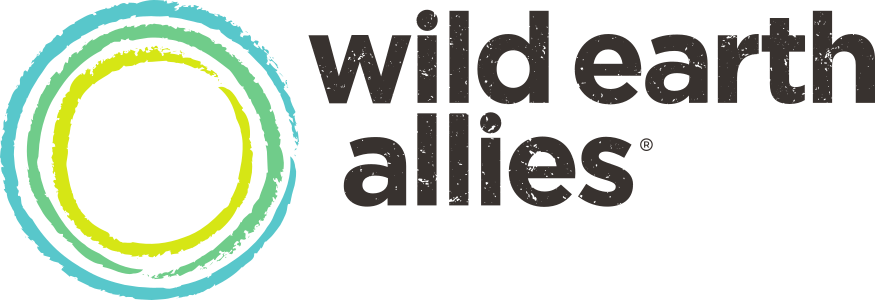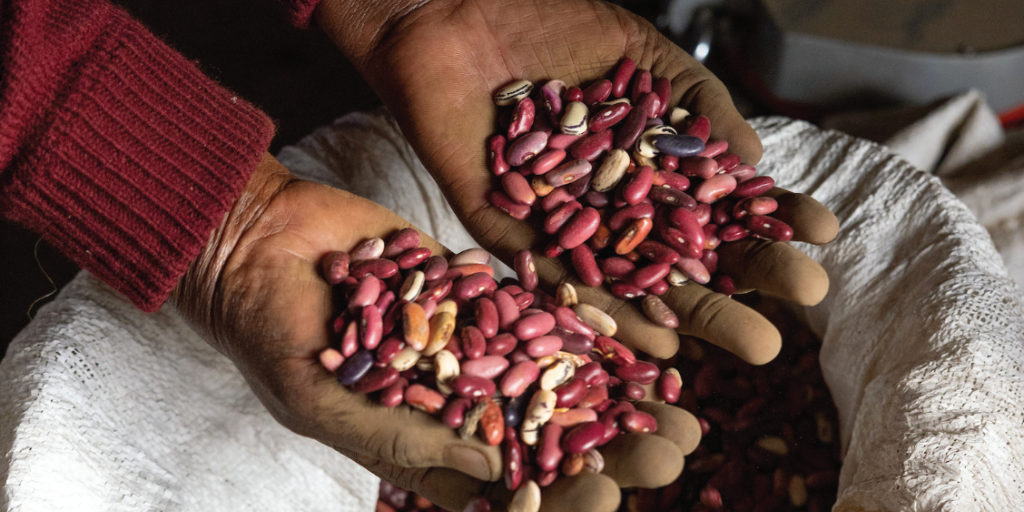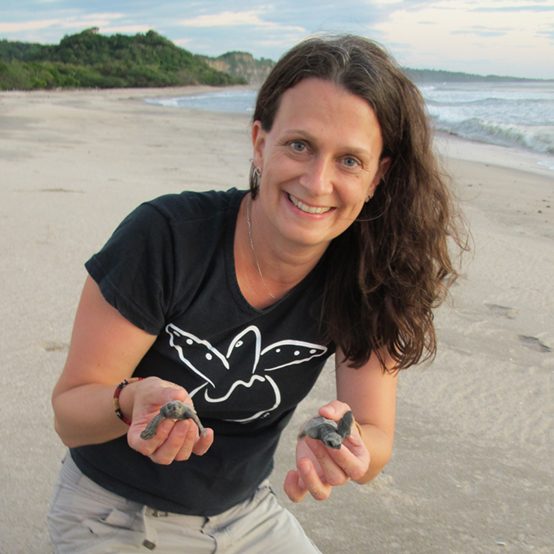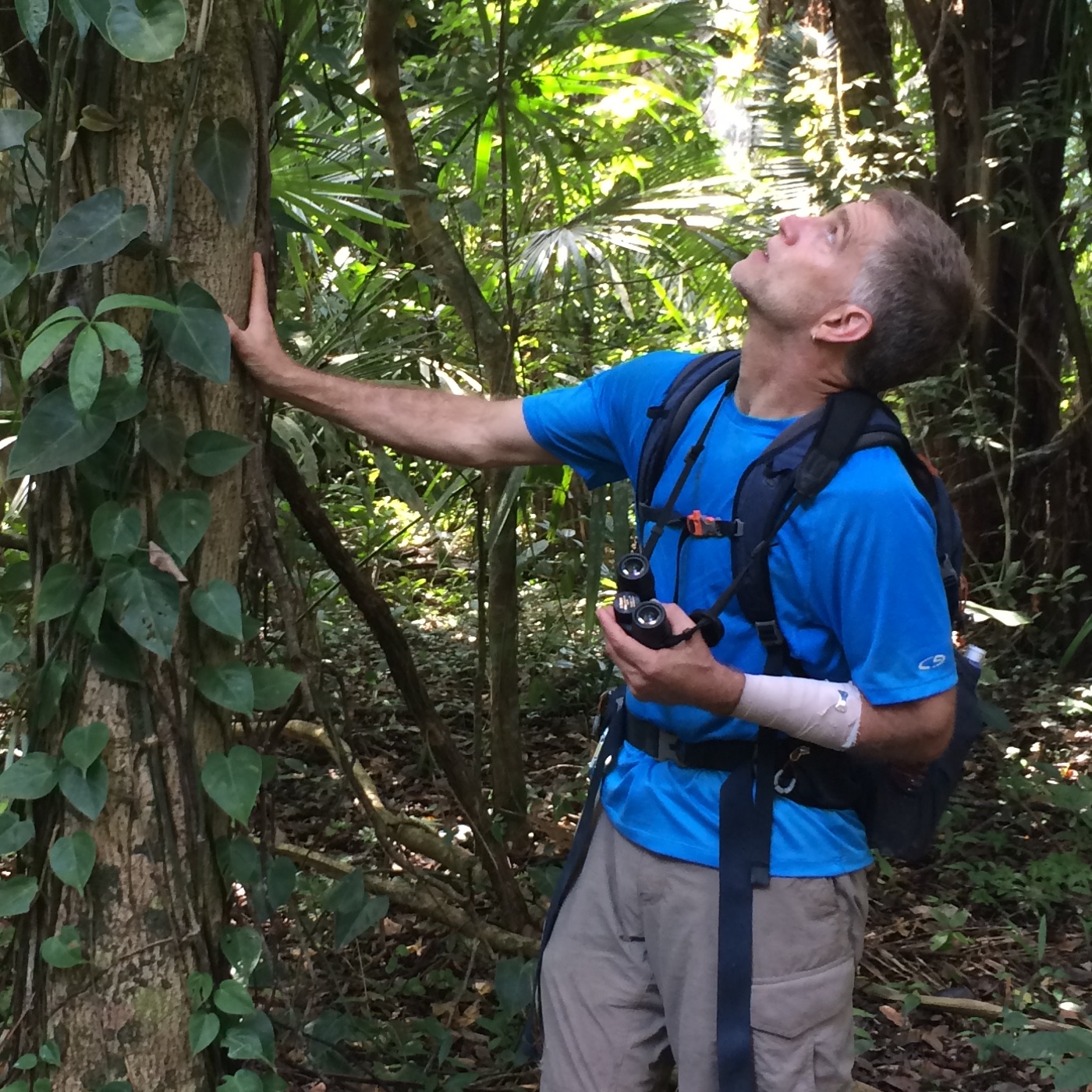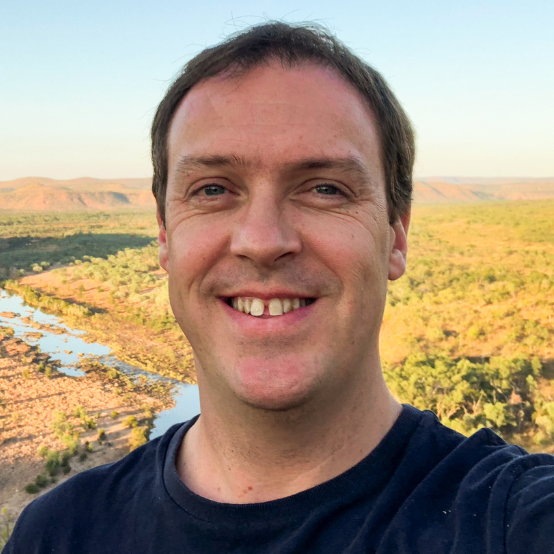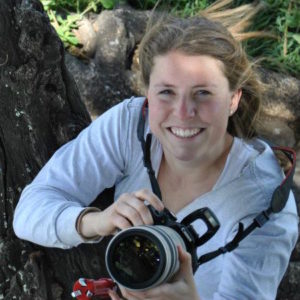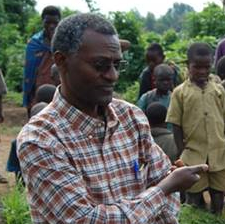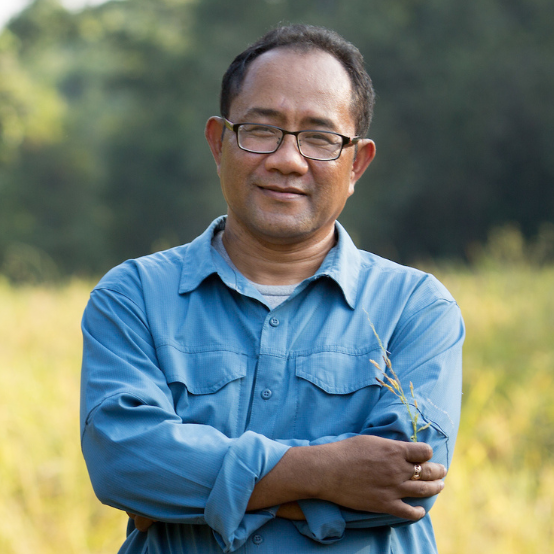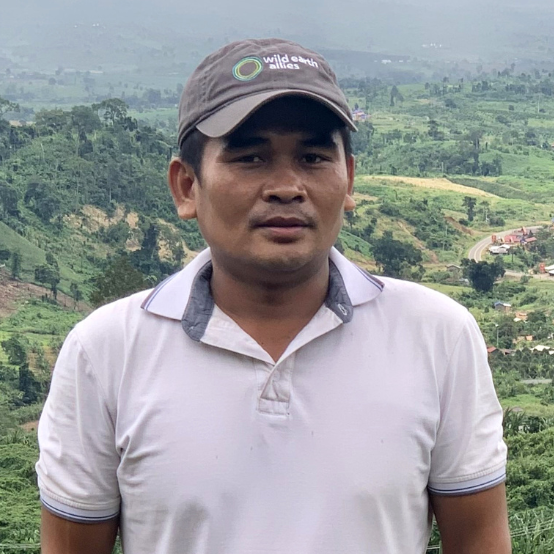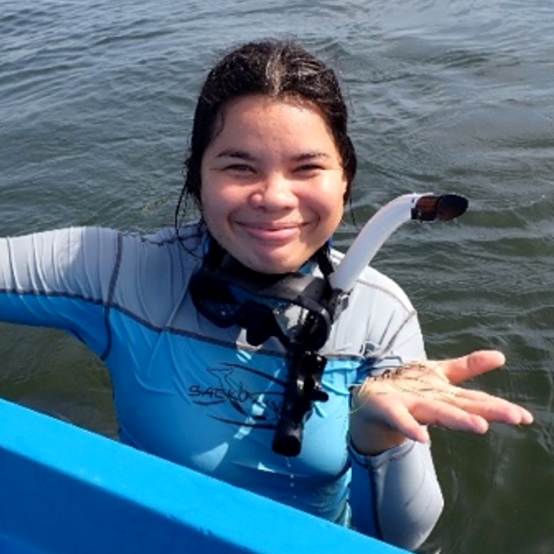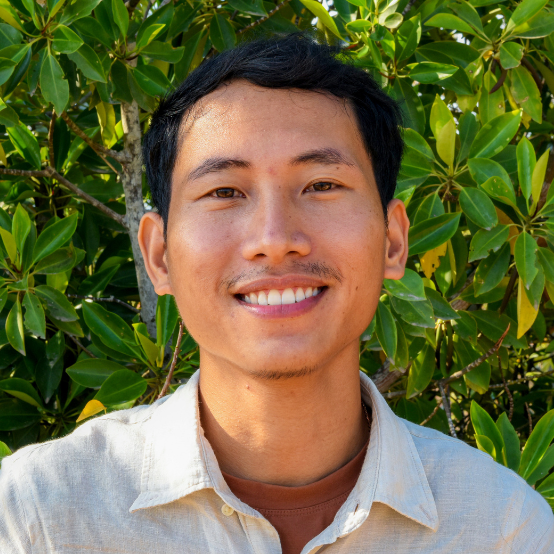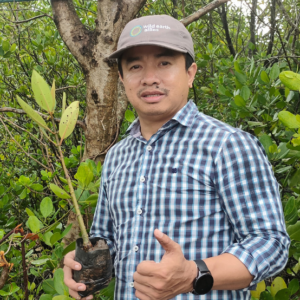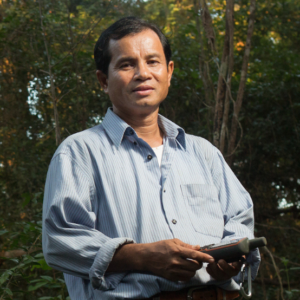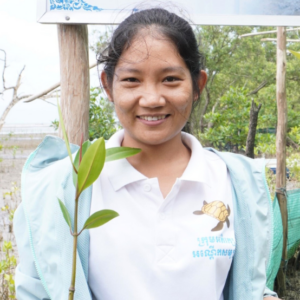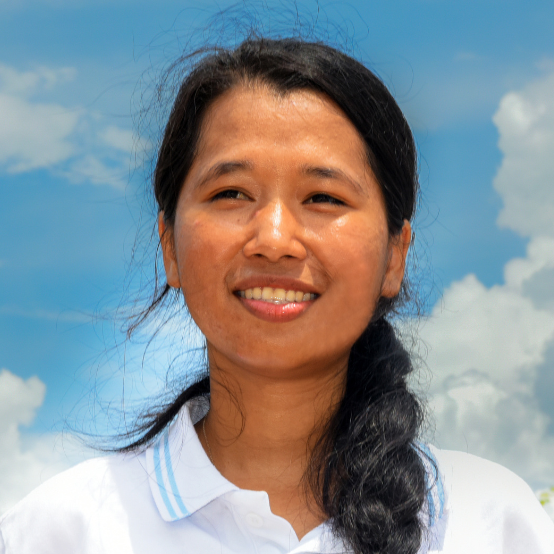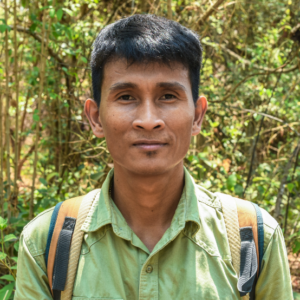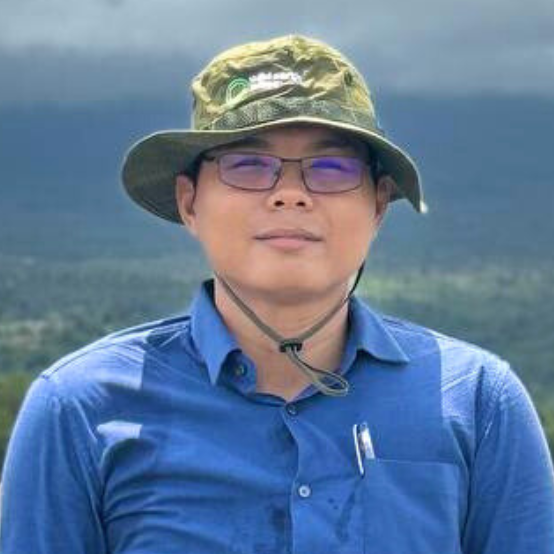Together with our partners, Wild Earth Allies protects vital areas of our natural world for the benefit of wildlife, habitats, and people. Our collaborative efforts deliver tangible impact in priority terrestrial and marine ecosystems globally. We are proud to share our progress highlights below.
Please join us and grow locally led conservation. Your donation will be doubled until December 31, 2023, thanks to a $100,000 matching gift from our Board of Directors with other generous supporters.
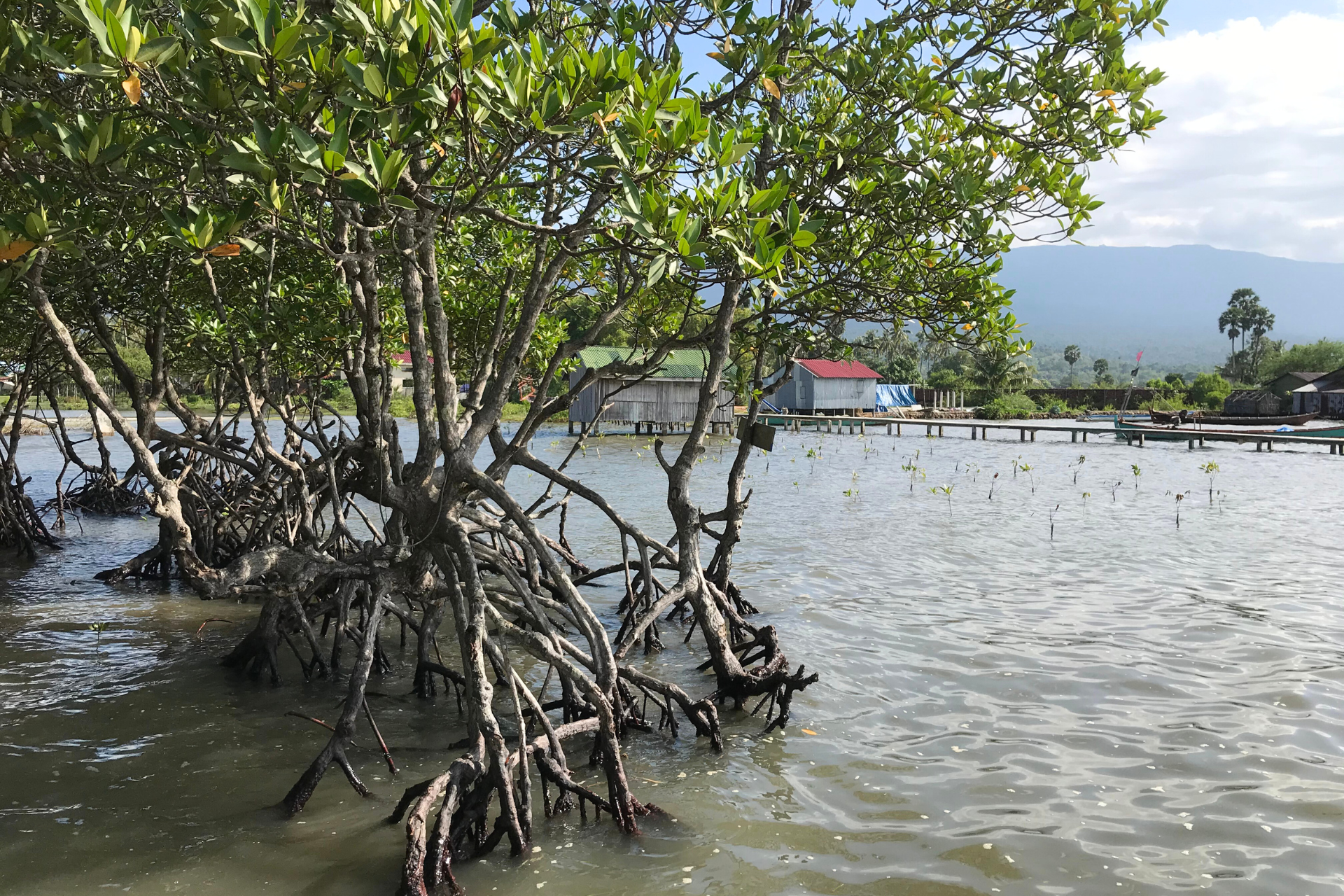
Habitat Restoration
Healthy ecosystems are our greatest defense against the impacts of climate change. We assess pressures on nature and increase community-led efforts to protect and restore vital land and seascapes. Our efforts include reforestation, mangrove restoration, rewilding, plant species discovery, and more.
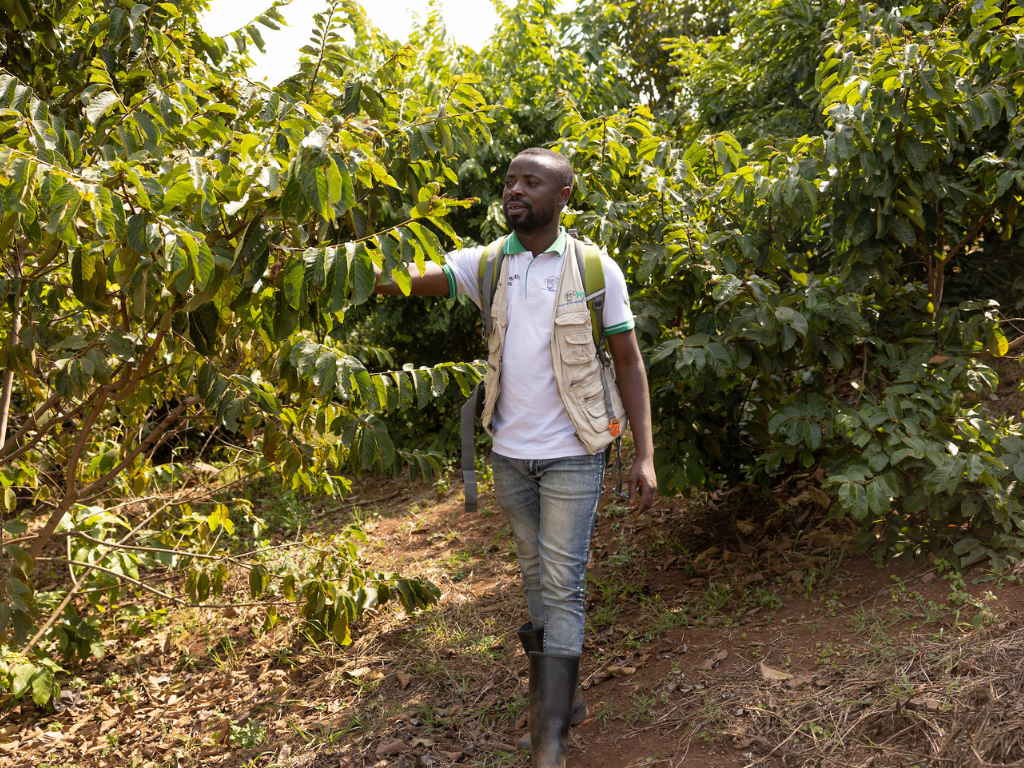
Climate Resilience
With our partners, we protect 3.7 million acres of priority terrestrial and marine ecosystems in Southeast Asia, Central Africa, and the Americas, which are estimated to store over 200 million metric tons of carbon. Our efforts support the resilience of communities and wildlife to our changing climate.

Rewilding Landscapes
With Delaware Wild Lands, we have planted more than 30,000 native trees in the Great Cypress Swamp—Delaware’s largest contiguous block of forestland. In the coming years, we will extend our rewilding efforts to restore and conserve natural ecosystem function across the Chesapeake Bay watershed.
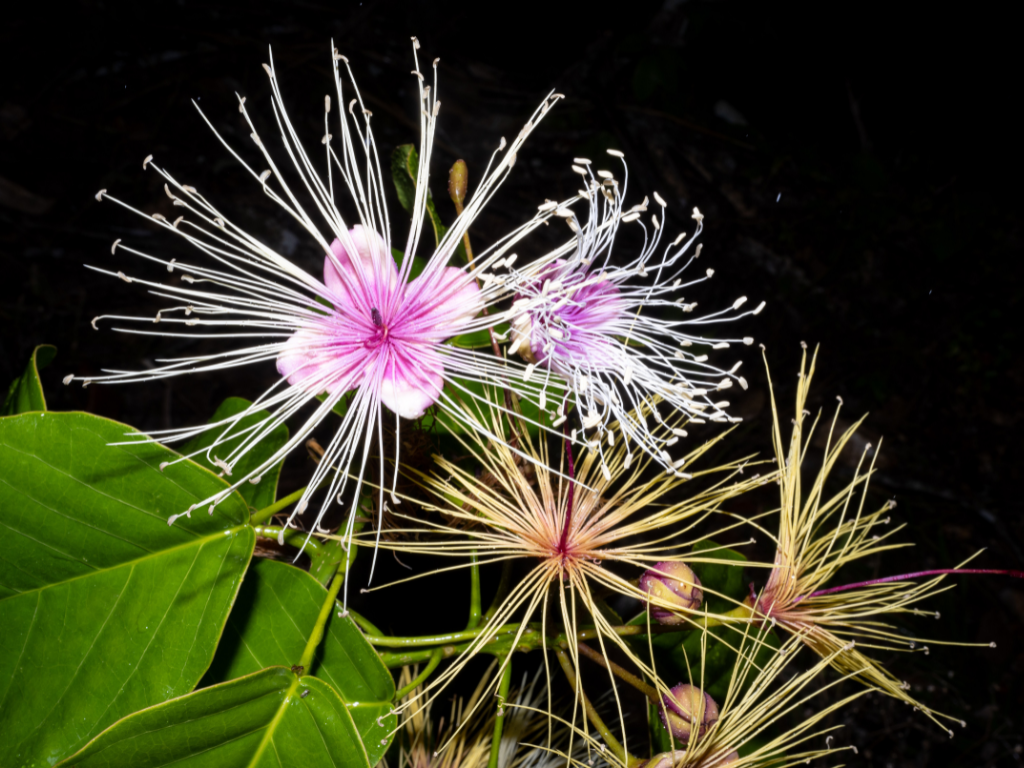
Exploration and Discovery
Much of the planet’s biodiversity is still under-documented. Until we know what we have, we cannot manage it effectively. In Belize, our botanist has documented 1,309 tree species and is collaborating to create the first comprehensive digital app. This tool will help improve the management of these critical forests.
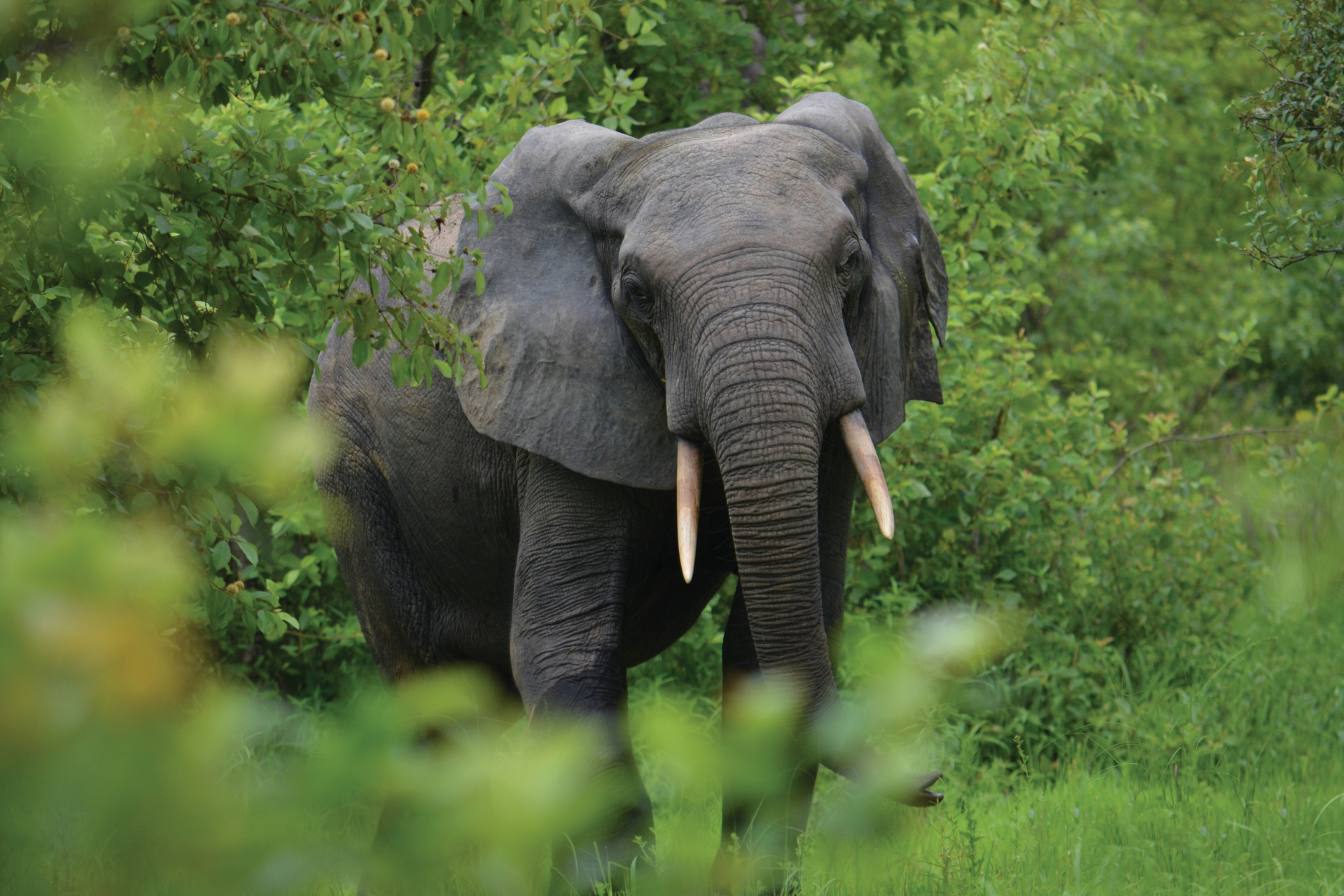
Wildlife Conservation
Endangered species face growing threats in our changing world. With our partners, we identify pressures on wildlife and habitat and put mitigation plans in place. We also take rapid action to reach species in need, including Sunda pangolins, African forest elephants, and more.
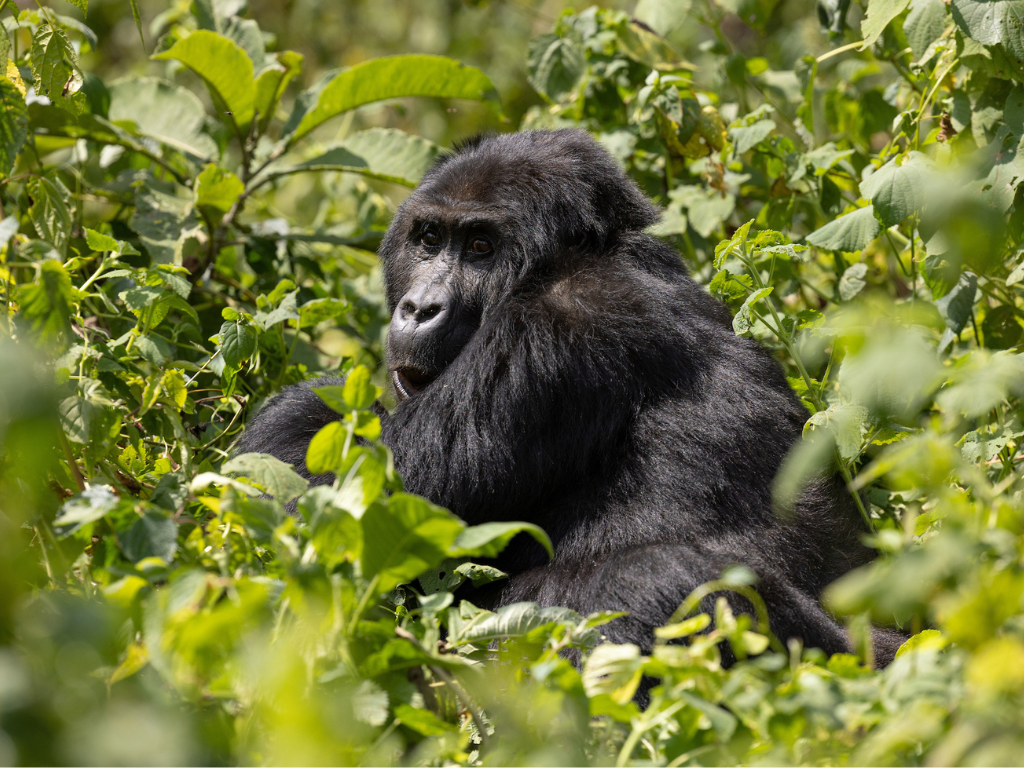
At-risk Species Protection
We are improving levels of protection for at least 43 threatened wildlife species globally with our field teams and partners, and this number is growing. Our conservation efforts include habitat protection and restoration, biomonitoring, anti-poaching patrols, and reducing demand for ivory and other wildlife products.

Population Recovery
Sea turtles play a vital role in marine ecosystems. With our partner ProCosta in El Salvador, we are recovering a critically endangered population of hawksbills. In Costa Rica, we partner with LAST to protect an endangered population of leatherback sea turtles. To date, we have released more than 350,000 turtle hatchlings in Central America.
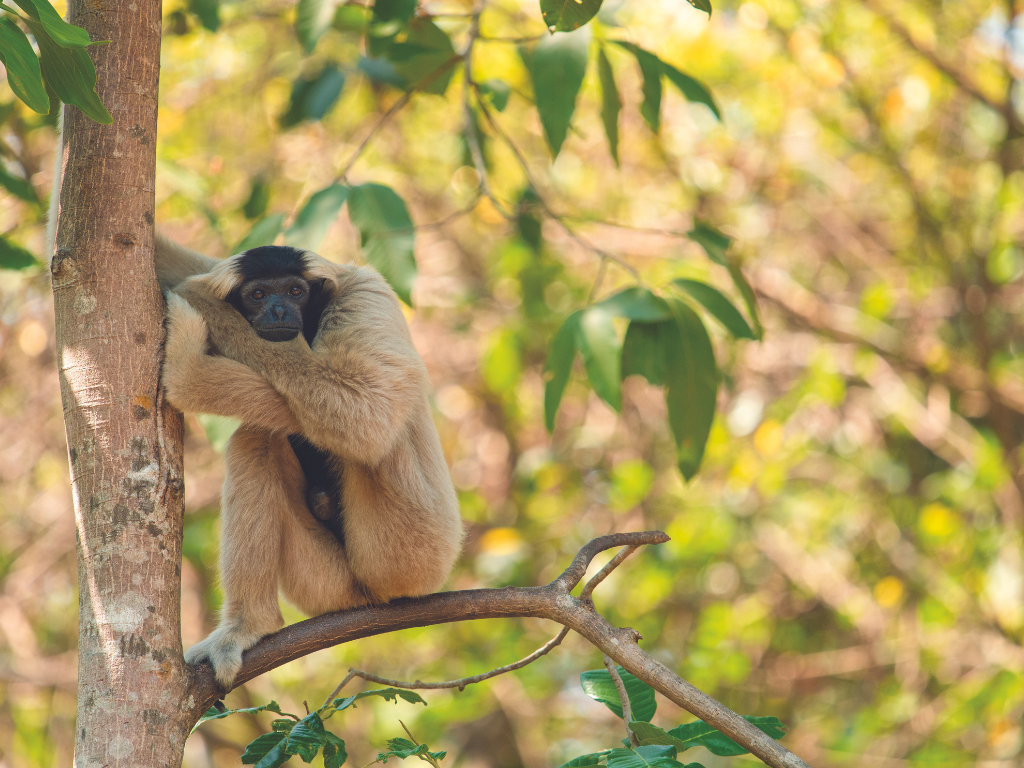
New Science
Endangered pileated gibbons are among the world’s most understudied apes. Our new research is uncovering vital data on the species in Cambodia. We surveyed 5,900 pileated gibbons in Prey Lang Forest, confirming this to be a globally important refuge where targeted conservation action is essential.
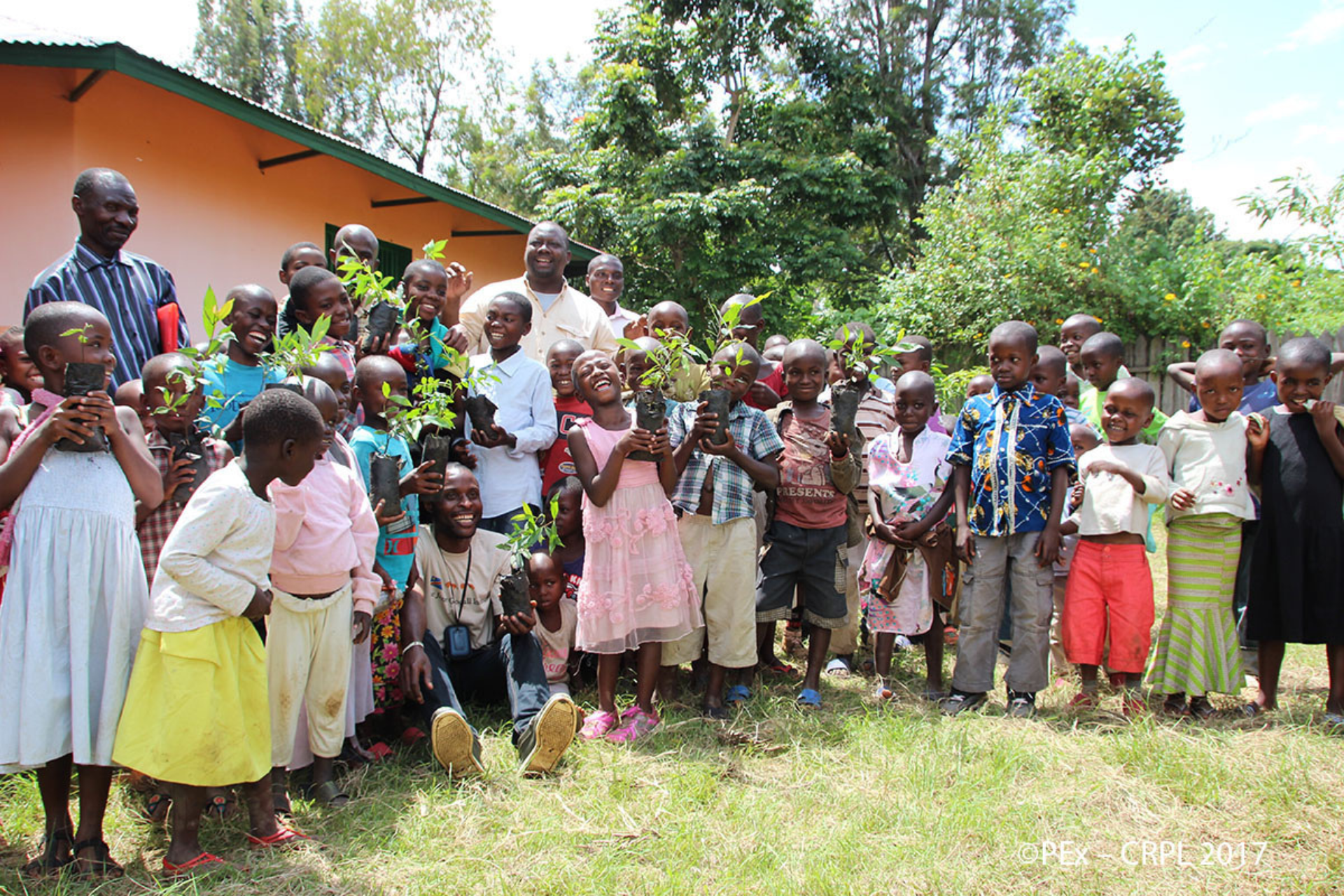
Community Engagement
Human well-being is inextricably linked to healthy ecosystems. More than 65 communities in eight countries engage in and benefit from our conservation programs. Together we grow access to natural resources that deliver food, water, fuelwood, and medicine while creating sustainable livelihood pathways.
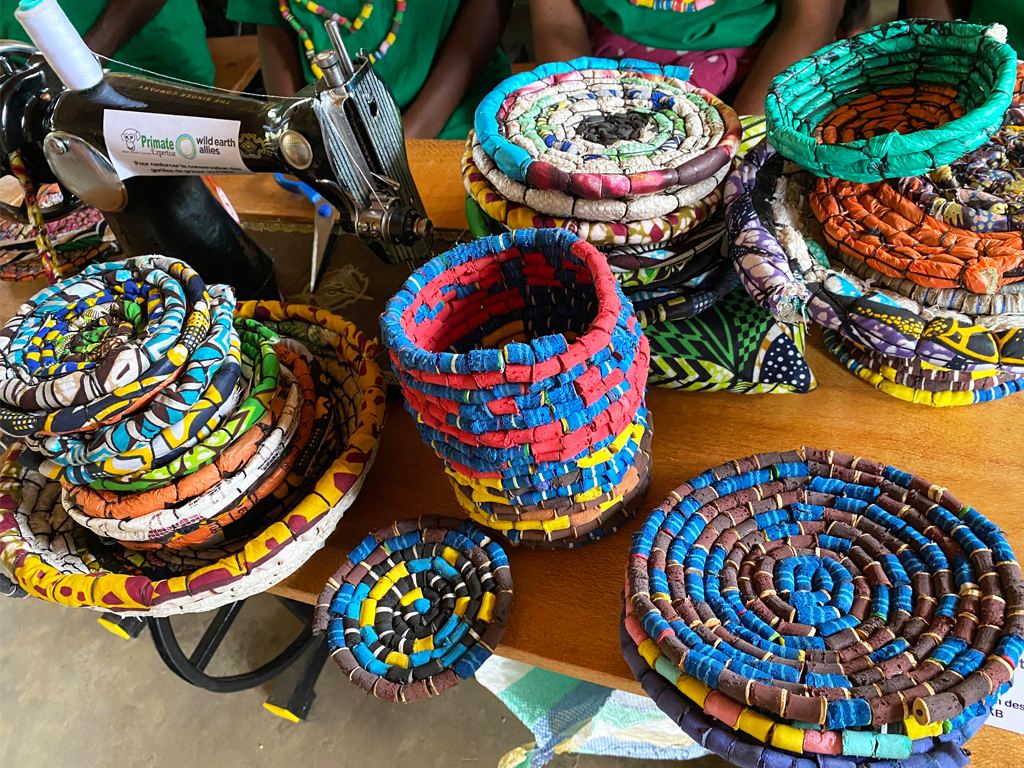
Sustainable Livelihoods
In the DRC, Kahuzi-Biega National Park and surrounding lands hold remarkable biodiversity. Despite this natural wealth, many residents near the park still live in extreme poverty. Together with our partner Primate Expertise, we collaborate with 8,000+ people on livelihood activities that improve family economies while protecting the park and its resources.
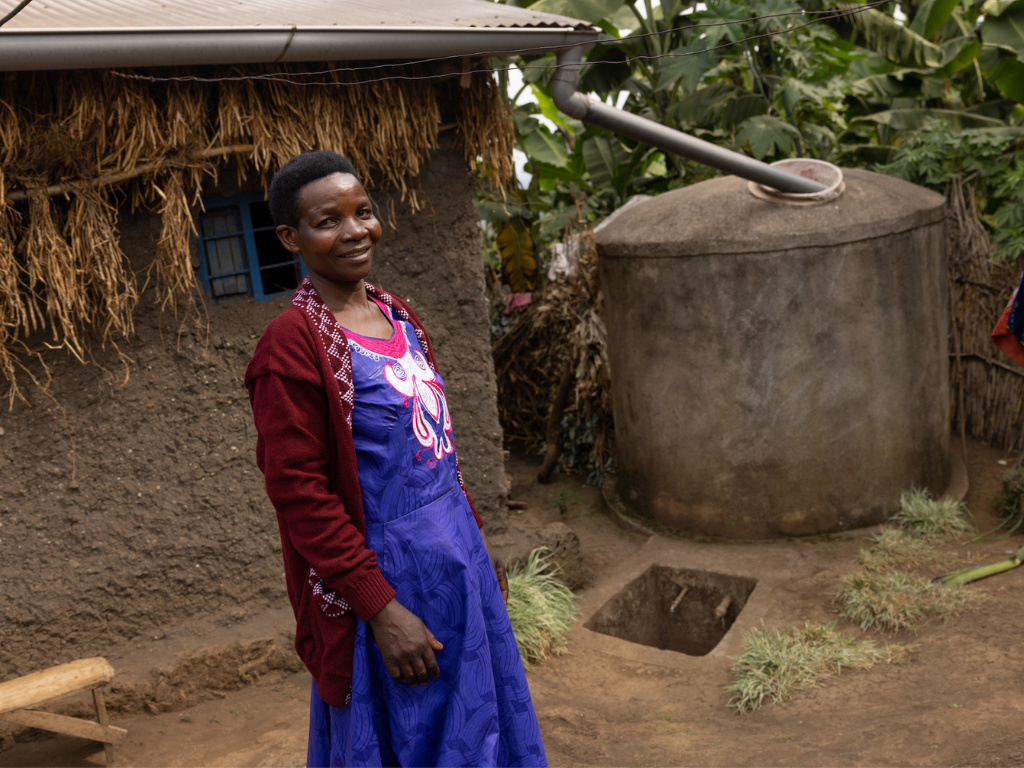
Women’s Leadership
Building on decades of mountain gorilla conservation in Rwanda, we now partner with the women-led cooperative Imbereheza Gahunga to build rainwater harvest tanks—836 and counting. Household access to water improves family and community well-being. It also reduces pressures on gorillas and other at-risk wildlife by eliminating the need to gather water inside nearby Volcanoes National Park.
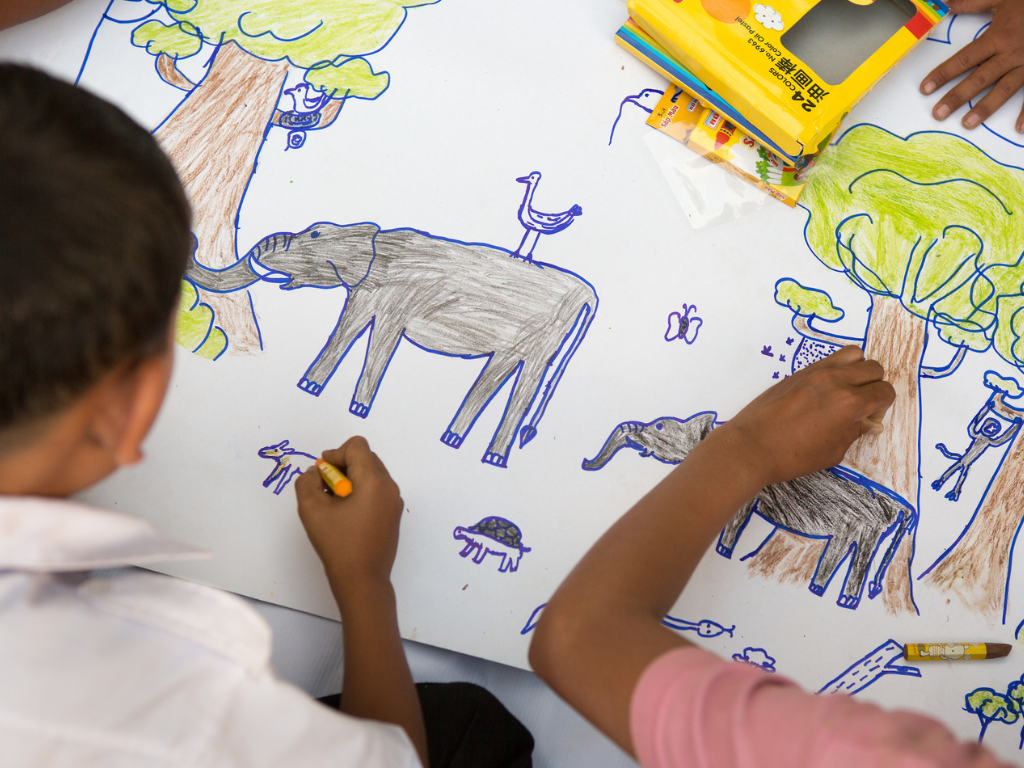
Youth Activation
Engaged youth hold the key to a sustainable future. We involve thousands of young people in nature education and protection globally. Through our Conservation Fellows program, cross-site learning, and more, we create opportunities for the next generation and attract diverse backgrounds, skills, and perspectives to the conservation field.
Where We Work
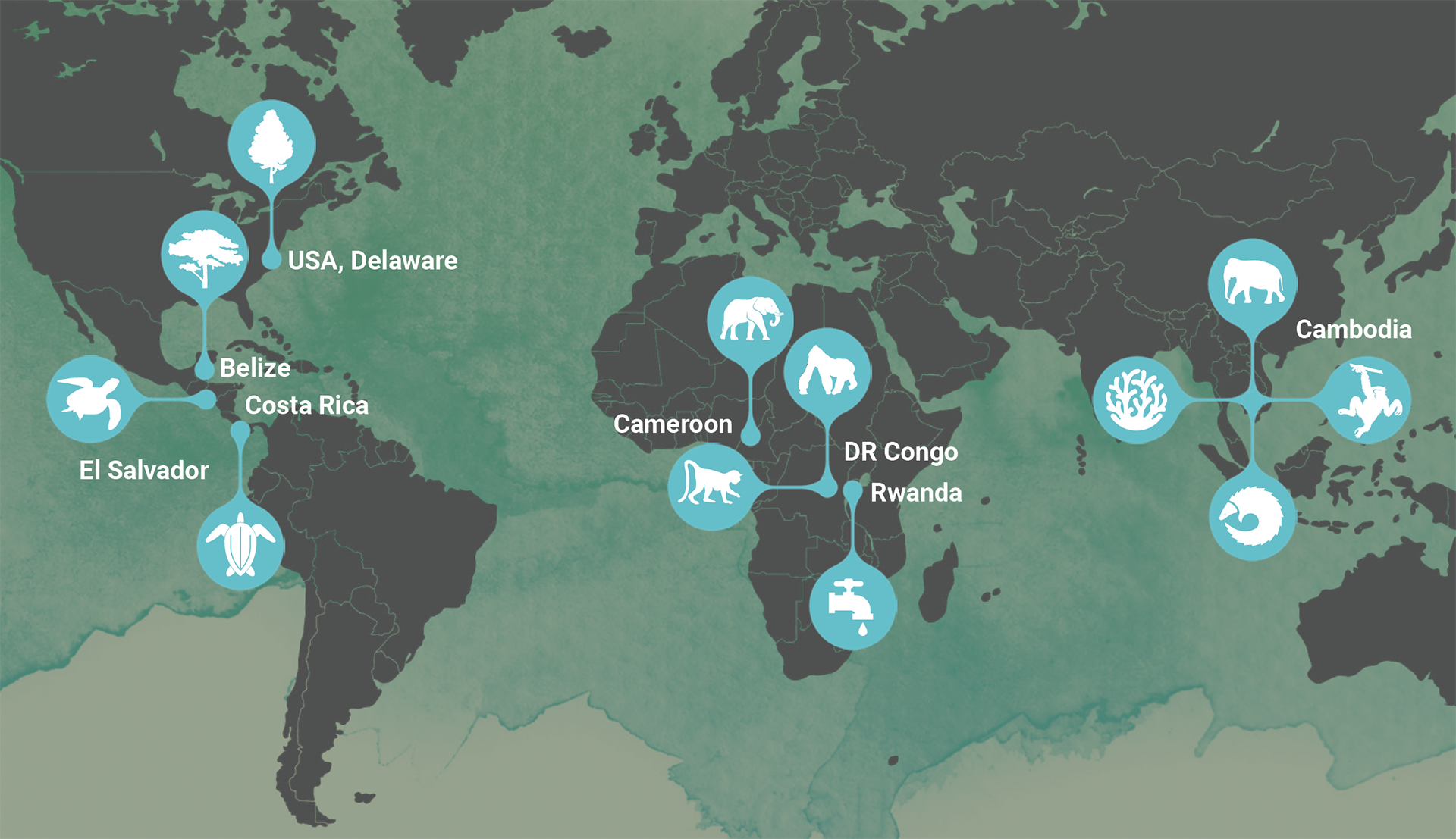
Protecting the future of our planet has never been more critical. Together, we are making a difference in vital areas of our natural world. With your support, we will expand our track record of success and the impact we deliver for wildlife, habitats, and people.
Photo credits: Steven Brewer, Kelly Hogan, Carlos Rivas, Allison Shelley

